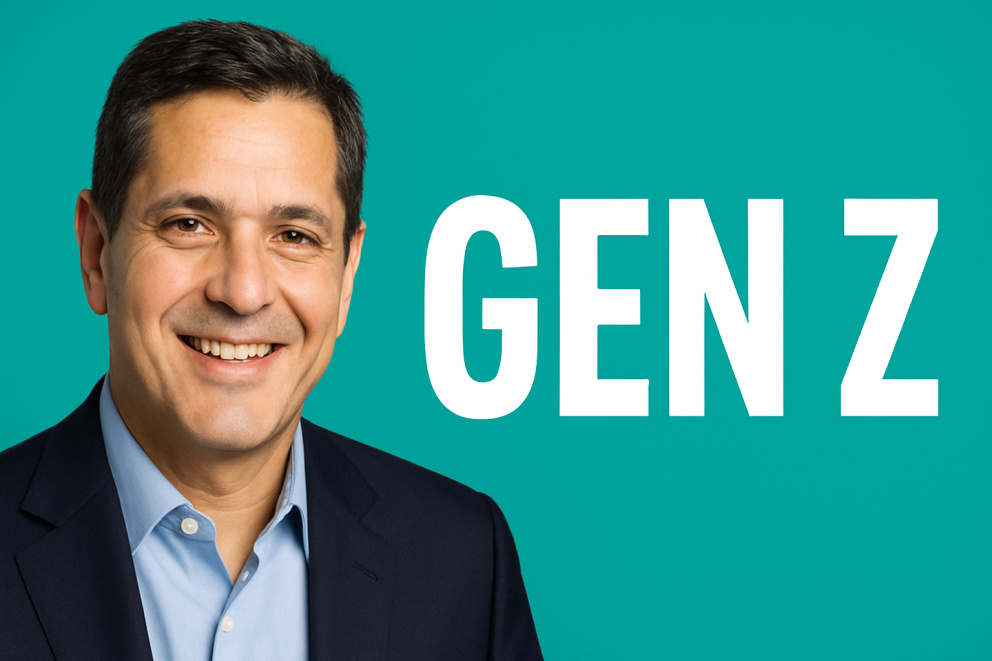Hands-On Skills Matter as Much as College Degrees, Daniel Lubetzky Tells Gen Z
In today’s fast-changing world, education is still one of
the strongest stepping stones for success. Yet, according to Daniel Lubetzky,
the billionaire entrepreneur and founder of KIND Snacks, formal education
alone isn’t enough. Speaking to Gen Z, Lubetzky stressed that hands-on
skills are just as important as college degrees, especially in an era where
adaptability and real-world problem-solving matter more than ever.
Why Daniel Lubetzky’s Advice Resonates with Gen Z
Gen Z, the generation born between the mid-1990s and early
2010s, is already shaping the future of work. Unlike previous generations, they
have grown up surrounded by technology, instant access to information, and
social media platforms that encourage creativity and entrepreneurship.
But with rising tuition fees, student loan debt, and
shifting job markets, Gen Z is questioning whether a college degree is the
ultimate key to success. Lubetzky’s message offers both reassurance and a
challenge: education is valuable, but without practical skills, it’s
incomplete.
The Value of Hands-On Skills in Today’s Economy
Formal education provides foundational knowledge, but hands-on
experience develops critical thinking, adaptability, and resilience—skills
that employers and entrepreneurs value highly.
For example:
- Problem-Solving:
Learning to fix real challenges—whether in a startup, workshop, or
volunteer project—builds problem-solving abilities far beyond classroom
theory.
- Collaboration:
Hands-on work often requires teamwork, communication, and conflict
resolution, all crucial for modern workplaces.
- Adaptability:
In fast-paced industries like tech, digital marketing, and design,
practical skills allow people to adapt quickly to new tools and trends.
Lubetzky himself is proof of this. While he has a law degree
from Stanford, it was his practical experience in business and social
entrepreneurship that helped him build KIND Snacks into a global brand.
College Degrees Still Hold Value
It’s important to note that Lubetzky isn’t dismissing
formal education. A college degree continues to open doors, provide
credibility, and deliver structured learning. Fields like medicine, law, and
engineering require rigorous academic training.
However, he emphasizes that degrees should not come at
the expense of practical experience. The perfect formula lies in combining
both—leveraging the knowledge from formal education while actively pursuing
real-world skills.
How Gen Z Can Balance Education and Hands-On Learning
Lubetzky’s advice isn’t just theoretical—it’s actionable.
Gen Z can start building a more balanced skill set by:
- Taking
Internships and Apprenticeships – Even unpaid opportunities can
provide real-world insights that no textbook can replicate.
- Building
Side Projects – From coding apps to launching small online businesses,
these experiences teach problem-solving and creativity.
- Volunteering
– Community service not only makes an impact but also helps develop
leadership and organizational skills.
- Networking
and Mentorship – Learning directly from professionals provides
guidance and industry know-how that education often lacks.
- Upskilling
with Online Resources – Platforms like Coursera, Udemy, or YouTube
offer hands-on tutorials that complement academic learning.
Why This Message Matters More Than Ever
The job market is undergoing rapid transformation.
Artificial intelligence, automation, and remote work are rewriting the rules of
employment. Employers are less interested in just a degree on paper—they want
candidates who can think, adapt, and execute in real situations.
Lubetzky’s advice to Gen Z is a reminder that true
success comes from blending knowledge with practice. A diploma may get your
foot in the door, but hands-on skills will keep you growing and thriving in
your career.
Conclusion
Daniel Lubetzky’s message to Gen Z is clear: Don’t
undervalue practical skills. A college degree is still important, but it’s
not the only path to success. What sets individuals apart is their ability to
combine formal education with the confidence and competence gained from
real-world experiences.
For Gen Z, this means pursuing education while
simultaneously seeking opportunities to apply it—whether through internships,
creative projects, or entrepreneurial ventures. In a world where change is the
only constant, those who master both theory and practice will lead the way.









